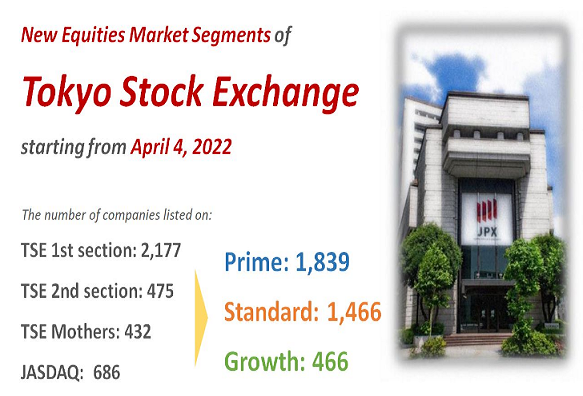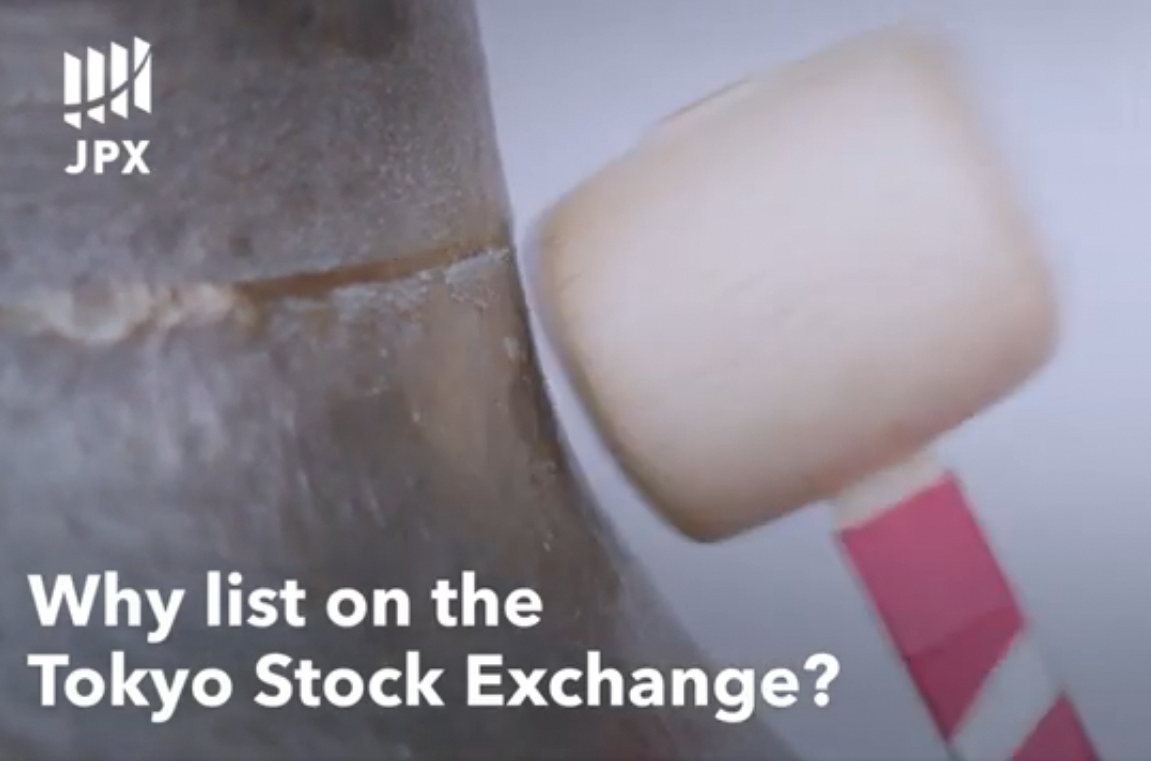TSE Cash Markets
Japan stock buybacks hit $57bn, speeding toward annual record

Share buybacks in Japan are running at a record pace this year as listed companies respond to pressure to use capital more efficiently.
Announced stock-repurchasing plans came to an all-time high of roughly 9 trillion yen ($57 billion) for the January-May period, up roughly 60% on the year and close to the full-year record marked in 2023, a Nikkei tally shows.
The January-May figure amounts to around a fifth of total net profits for the fiscal year ended March. May saw a surge of 80% or so to a monthly record of 5.8 trillion yen, led by Toyota Motor. Even companies forecasting lower profits this fiscal year, such as Sony Group and Mitsui & Co., plan to repurchase shares.
The trend is helping to support stock prices, as well as providing an outlet for shares coming on the market as businesses unwind cross-shareholdings. 2024 is on track to be a third straight year of record-high repurchases.
A total of 606 companies announced buybacks this year through May. The full-year figure for 2023 came to 884, with repurchases totaling around 9.6 trillion yen.
Buybacks help return cash to shareholders and boost price-to-book ratios. The Tokyo Stock Exchange has urged companies to improve capital efficiency — a trend that global investors like Blackstone have welcomed.
Nearly half of the companies that announced repurchasing plans through May were trading below book value when they did so. Marine shipping company Nippon Yusen said in May that it planned to buy back up to 100 billion yen in stock. Its P/B ratio improved from 0.78 to 0.83.
Companies are coming out with bigger buyback plans as earnings grow. The per-company average of 15.2 billion yen for the five months through May is in record-high territory, above the 10.8 billion yen for all of 2023. Toyota said this May that it would repurchase up to 1 trillion yen in shares — the most ever for a nonfinancial Japanese company.
Meanwhile, Sony Group announced a buyback of up to 250 billion yen on the same day that it forecast a 5% decline in net profit for fiscal 2024. Its shares gained 8% the following day.
Around 10% of the companies disclosing buyback plans are doing so for the first time. These include precision instruments maker Shimadzu, Sumitomo Heavy Industries and kitchen equipment supplier Hoshizaki.
“Buybacks are spreading among companies regardless of industry, history or P/B ratio,” said Hiroyuki Ueno, chief strategist at Sumitomo Mitsui Trust Asset Management. “The TSE‘s efforts to revitalize capital markets are bearing fruit after one year.”
Ueno sees room for further growth, given that returns remain low by international standards.
The purchases have helped to keep the Nikkei Stock Average solidly above 38,000 since May. Nonfinancial companies outpaced foreign investors as the biggest net buyers of Japanese equities in May, with nonfinancial companies purchasing a record 966.4 billion yen more than they sold, TSE data shows.
Buybacks are also working to absorb a growing volume of unwound cross-shareholdings. About 1,100 companies on the TSE‘s Prime market have said they plan to pare cross-held shares.
Corporate Japan is grappling with the question of how to use its roughly 106 trillion yen in cash on hand. “Buybacks are likely to continue to increase as companies increasingly move to rightsize their cash holdings,” said Rie Nishihara, chief Japan equity strategist at JPMorgan Securities Japan.
But because sales of cross-shareholdings and buybacks cancel themselves out to some extent, a repurchasing plan does not necessarily mean a buy signal.
“It’s became even harder than before for buybacks to find favor if they don’t come with a compelling growth strategy,” said Hiromi Ishihara, head of equity investment at Amundi Japan.
Related links






